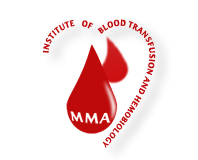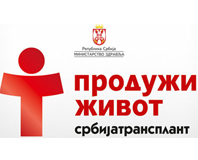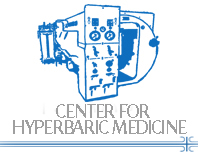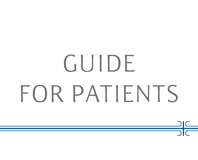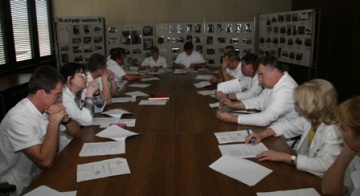
Exceptional Cooperation with Faculties in Serbia
20. 03. 2010
Belgrade, March 20, 2010 - At its regular 34th Session, the MMA’s Graduate Studies Council reviewed the proposals of respective Chairs for a new composition of Specialist Examination Committee at the Military Medical Academy. Teachers, 261 of them, of which 111 from the Medical Schools in Belgrade, Kragujevac, Niš and Novi Sad, Schools of Dental Medicine and Pharmacy in Belgrade were nominated to be the members of commissions on 42 residency programs in the fields of medicine, pharmacy and dentistry. Proposals for Examination Committee composition were communicated to the MMA’s Teaching-Scientific Council for further reconsideration
Engagement of teachers from civilian faculties is a long-lasting practice, but not a legal obligation of the Military Medical Academy. The level of their engagement in the work of the Examination Committee is, first for all, an indicator of good cooperation established among the teachers from the Military Medical Academy and other faculties in our country who are involved in a very responsible mission – education of specialists as the most responsible for providing secondary and tertiary care to the patient population.
There are, currently, 175 physicians, dentists and pharmacists undergoing residency training for various specialties at the Military Medical Academy, of which 76 residents are from civilian healthcare facilities in Serbia, and 9 are from the countries in the region.
Anesthesiology and radiology resident training are, almost traditionally, the programs that the largest number of residents completes. To meet the needs of the Defense System, the Military Medical Academy educates and trains medical personnel which apply for hospital residency programs through an open competition, announced every year by the MOD Human Resources Department.
The Military Medical Academy started to offer residencies in health care independently from 1979, since when, over 1600 specialists completed their residency training. Half of them was educated and trained to satisfy the requirements and needs of the military hospitals in the Former Yugoslavia and the existing military medical facilities in Serbia, whilst, the other half is to meet the needs of civilian healthcare facilities of Former Yugoslavia, now of Republic of Serbia.
Engagement of teachers from civilian faculties is a long-lasting practice, but not a legal obligation of the Military Medical Academy. The level of their engagement in the work of the Examination Committee is, first for all, an indicator of good cooperation established among the teachers from the Military Medical Academy and other faculties in our country who are involved in a very responsible mission – education of specialists as the most responsible for providing secondary and tertiary care to the patient population.
There are, currently, 175 physicians, dentists and pharmacists undergoing residency training for various specialties at the Military Medical Academy, of which 76 residents are from civilian healthcare facilities in Serbia, and 9 are from the countries in the region.
Anesthesiology and radiology resident training are, almost traditionally, the programs that the largest number of residents completes. To meet the needs of the Defense System, the Military Medical Academy educates and trains medical personnel which apply for hospital residency programs through an open competition, announced every year by the MOD Human Resources Department.
The Military Medical Academy started to offer residencies in health care independently from 1979, since when, over 1600 specialists completed their residency training. Half of them was educated and trained to satisfy the requirements and needs of the military hospitals in the Former Yugoslavia and the existing military medical facilities in Serbia, whilst, the other half is to meet the needs of civilian healthcare facilities of Former Yugoslavia, now of Republic of Serbia.


